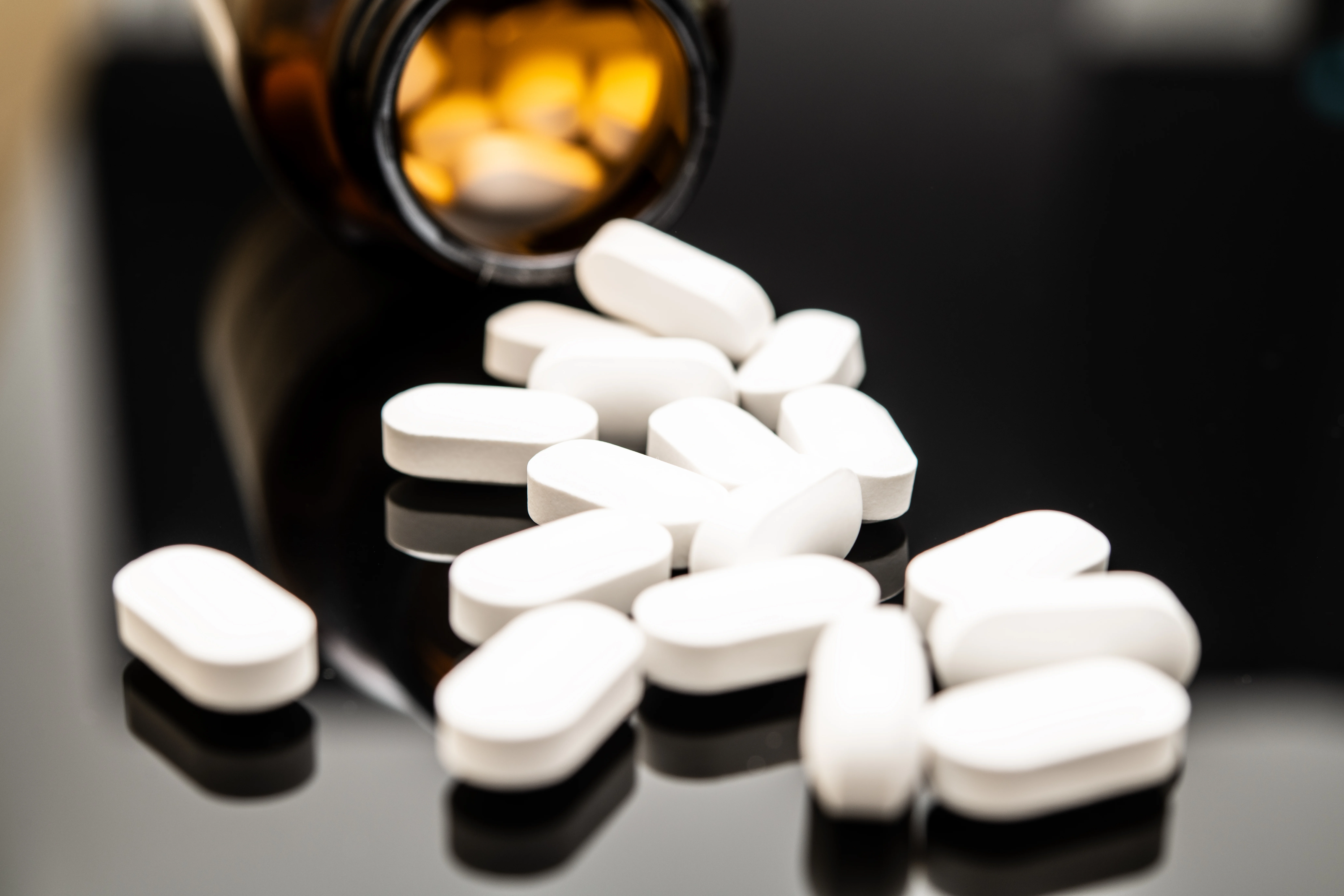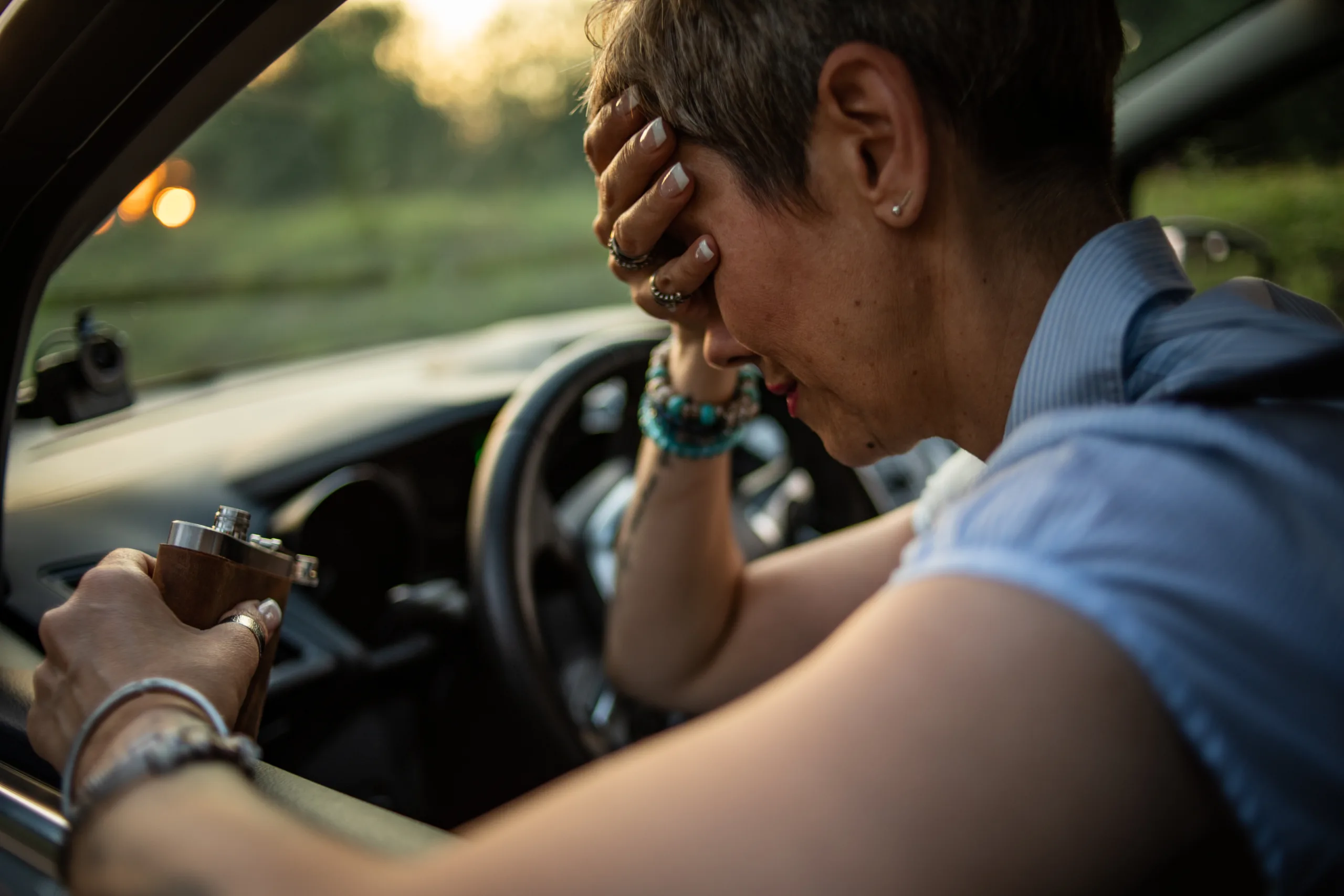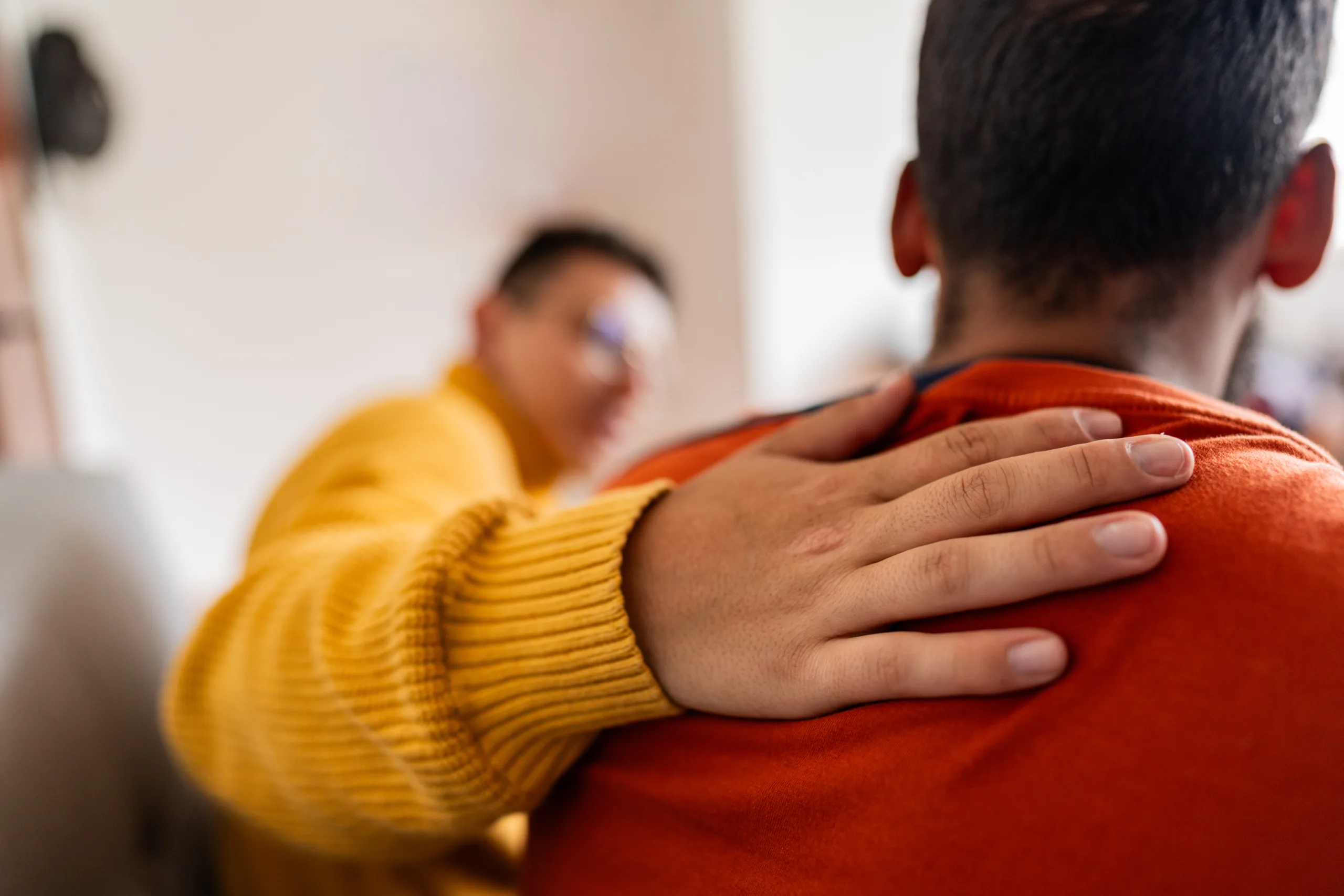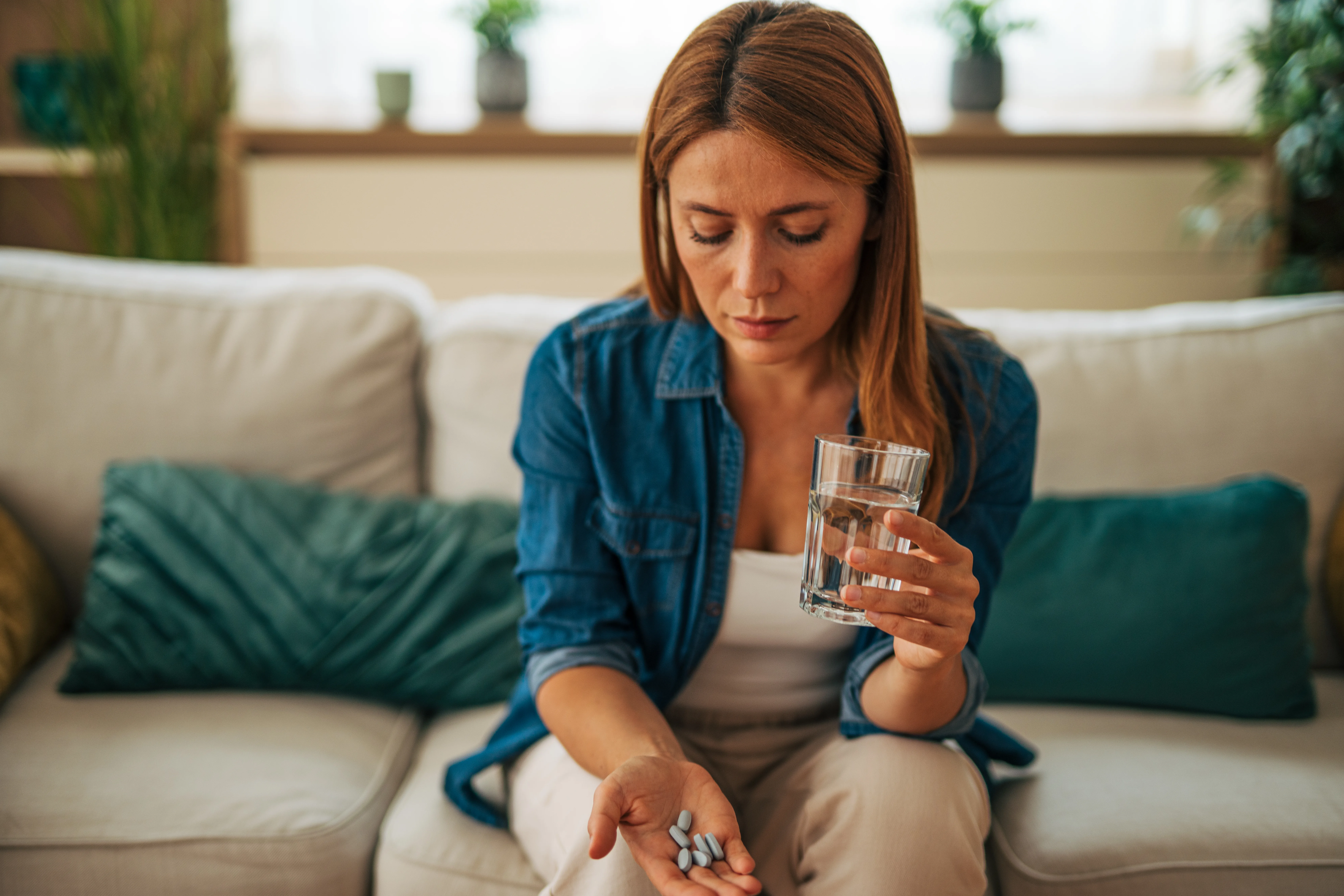What Can You Bring to Rehab? What to Pack for a Successful Stay
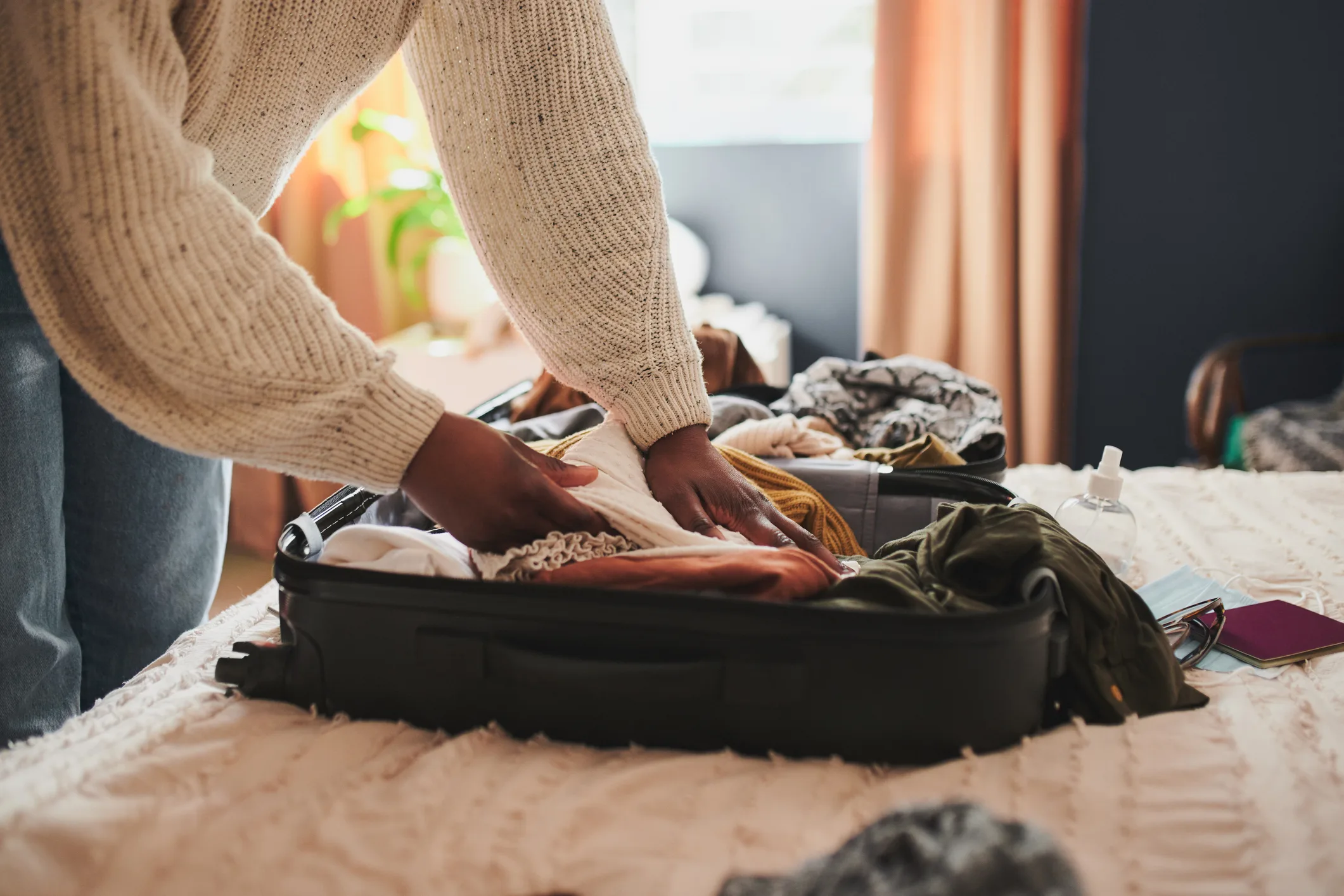
Preparing to enter rehab is a courageous and transformative decision. At Pyramid Healthcare, we aim to make your transition into treatment as smooth and stress-free as possible. One of the first practical steps? Knowing what to pack.
Bringing the right items can make a big difference in your comfort and focus during treatment. This guide will help you understand what you can bring to rehab—and just as importantly, what you should leave behind.
Important: Every facility may have its own set of policies and guidelines. Before you pack, please contact your specific location to confirm what’s allowed and what’s not.
Essential Documents
Start with the basics. These documents are necessary for check-in and treatment coordination:
- A valid photo ID (such as a driver’s license or passport)
- Health insurance and prescription cards
- A list of current medications with dosages and prescribing doctors
- Emergency contact information
Clothing and Comfort Items
When packing clothes, focus on comfort, modesty, and practicality. Most facilities provide laundry access, so packing for seven to 10 days is typically sufficient.
- Casual, weather-appropriate clothing (jeans, sweatshirts, t-shirts)
- Undergarments and socks
- Sleepwear and slippers
- Sneakers or closed-toe shoes for activities
- A light jacket or hoodie
- Bathrobe and flip-flops for the shower
Avoid: Items with drug or alcohol references, offensive language or revealing designs.
Toiletries and Hygiene Essentials
All hygiene products should be unopened and alcohol-free to ensure safety for all clients.
- Toothbrush and toothpaste
- Shampoo and conditioner (alcohol-free)
- Hairbrush or comb
- Deodorant (non-aerosol)
- Feminine hygiene products
- Shaving supplies (manual razors only, if allowed)
Optional Personal Items
A few approved personal touches can provide comfort during your stay:
- Journal or notebook for reflection
- Approved books or recovery literature
- Printed photos of loved ones
- Wired headphones for music (if permitted during free time)
Pack light and stick to the essentials. Keeping your space clutter-free can support your mental clarity and focus.
What NOT to Bring
Certain items are not permitted in order to maintain a safe, supportive environment for all:
- Drugs, alcohol or paraphernalia
- Weapons of any kind
- Electronic devices with internet access (smartphones, tablets, laptops)
- Mouthwash, perfumes or sprays containing alcohol
- Revealing or offensive clothing
- Opened or expired medications
Facility-Specific Guidelines Matter
Remember, each Pyramid Healthcare facility may have unique rules depending on your level of care, location and treatment plan. We strongly recommend contacting your admissions coordinator before packing to receive the most accurate list of approved and banned items.
Ready for the Next Step?
Packing for rehab isn’t just about what fits in a bag. How you prepare helps set the tone for your recovery. By coming prepared, you create space for focus, healing and long-term success.
If you have questions or concerns about what to bring, reach out to our team. We’re here to help you every step of the way.
Preparing to enter rehab is a courageous and transformative decision. At Pyramid Healthcare, we aim to make your transition into treatment as smooth and stress-free as possible. One of the first practical steps? Knowing what to pack.
Bringing the right items can make a big difference in your comfort and focus during treatment. This guide will help you understand what you can bring to rehab—and just as importantly, what you should leave behind.
Important: Every facility may have its own set of policies and guidelines. Before you pack, please contact your specific location to confirm what’s allowed and what’s not.
Essential Documents
Start with the basics. These documents are necessary for check-in and treatment coordination:
- A valid photo ID (such as a driver’s license or passport)
- Health insurance and prescription cards
- A list of current medications with dosages and prescribing doctors
- Emergency contact information
Clothing and Comfort Items
When packing clothes, focus on comfort, modesty, and practicality. Most facilities provide laundry access, so packing for seven to 10 days is typically sufficient.
- Casual, weather-appropriate clothing (jeans, sweatshirts, t-shirts)
- Undergarments and socks
- Sleepwear and slippers
- Sneakers or closed-toe shoes for activities
- A light jacket or hoodie
- Bathrobe and flip-flops for the shower
Avoid: Items with drug or alcohol references, offensive language or revealing designs.
Toiletries and Hygiene Essentials
All hygiene products should be unopened and alcohol-free to ensure safety for all clients.
- Toothbrush and toothpaste
- Shampoo and conditioner (alcohol-free)
- Hairbrush or comb
- Deodorant (non-aerosol)
- Feminine hygiene products
- Shaving supplies (manual razors only, if allowed)
Optional Personal Items
A few approved personal touches can provide comfort during your stay:
- Journal or notebook for reflection
- Approved books or recovery literature
- Printed photos of loved ones
- Wired headphones for music (if permitted during free time)
Pack light and stick to the essentials. Keeping your space clutter-free can support your mental clarity and focus.
What NOT to Bring
Certain items are not permitted in order to maintain a safe, supportive environment for all:
- Drugs, alcohol or paraphernalia
- Weapons of any kind
- Electronic devices with internet access (smartphones, tablets, laptops)
- Mouthwash, perfumes or sprays containing alcohol
- Revealing or offensive clothing
- Opened or expired medications
Facility-Specific Guidelines Matter
Remember, each Pyramid Healthcare facility may have unique rules depending on your level of care, location and treatment plan. We strongly recommend contacting your admissions coordinator before packing to receive the most accurate list of approved and banned items.
Ready for the Next Step?
Packing for rehab isn’t just about what fits in a bag. How you prepare helps set the tone for your recovery. By coming prepared, you create space for focus, healing and long-term success.
If you have questions or concerns about what to bring, reach out to our team. We’re here to help you every step of the way.

